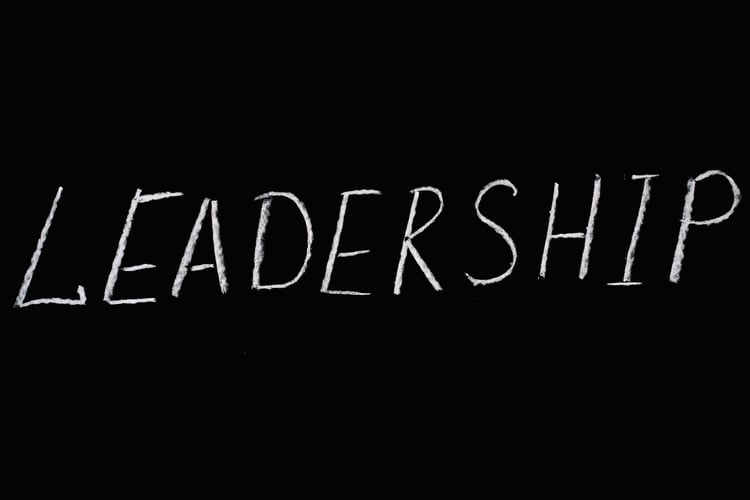What Are The Top 10 Leadership Trends For 2024?

By Thom Dennis, CEO at Serenity in Leadership
For some organisations, leadership has evolved beyond team building and ensuring sufficient profitability. Maintaining composure emerged as a vital skill in 2023, as did flexibility and fostering the team's well-being. Thom Dennis, CEO at Serenity in Leadership, unveils the prime 10 leadership attributes and trends for 2024:
- Guiding Amidst Ambiguity
The steadier leaders are, the less fear will pervade, and the greater the creativity, innovation, loyalty, and productivity. Being driven by commercial or personal agendas means fear and stress are on the rise across organisations but both are corrosive. Leaders need to focus on their teams, customers, and other stakeholder relationships with a clear sense of purpose rather than just attending to shareholders and their demands.
- Bold & Robust Decision-Making Amidst Transformative Change
Making short-term decisions when there is much uncertainty is tempting and not surprising given the unprecedented vortex of the challenging last five years from Covid-19, war, social and political polarisation, and the cost-of-living crisis. Add to this, technological advancements like Generative AI and the increasingly important focus on purpose and corporate social responsibility, it is clear good leaders need to make strategic, bold decisions. They need to be courageous as a catalyst for healthy growth and to ensure confidence in the face of uncertainty.
- Staying the Right Side of Tech Advancements
It is widely being said that the current pace of change is the slowest you will ever encounter. The rapid evolution of AI presents a global challenge as organisations strive to find a balance between leveraging technology to its full potential and considering the potential costs to people and humanity. The most effective leaders are simultaneously planning to up- and re-skill colleagues while maintaining a thorough understanding of the associated issues, ethics, and dangers.
- Actively Embracing Sustainability & Responsibility
The demand for people with green skills is currently outstripping supply. Despite a growing acknowledgement of the climate crisis, albeit not at the desired pace, 90% of executives say sustainability is important, but only 60% of companies incorporate sustainability in their strategy, and just 25% have sustainability in their business model.
- Self-Cognisance
Self-awareness is seen in emotional and cultural intelligence, good decision-making, and strong leadership. Knowing your strengths, weaknesses and stressors means leaders will perform better and build teams that are well-rounded and diverse. Leaders who exemplify good work/life balance, effective stress management and are sensitive to the needs and concerns of their team members, will proactively improve culture, communication, and engagement.
- Tackling Conflict Well
Effective crisis management, conflict resolution, and handling instances of bullying and harassment must be taken seriously and done right. Around 20% of employees reported they experienced the most conflict at work with their supervisors and tellingly 12% said they also saw conflict frequently among leaders. Having a leader who positively deals with conflict rather than causing it is crucial.
- Appreciating Vulnerability
More than ever, we need leaders who are human, compassionate, and willing to demonstrate it. The best way for leaders to do this is by openly discussing their challenges and imperfections. Embracing vulnerability facilitates open and honest communication and cultivates a more authentic and trusting environment.
- Relationship Builders
Valuing team morale goes beyond a mere gesture; it represents a long-term investment with extensive benefits for businesses. Nurturing strong relationships, flexibility and inclusion can result in better collaboration, trust, engagement and retention, and diminished conflict.
- Total Transparency
The Slack ‘Future Of Work’ Study found that 80% of employees crave insights into their organisation’s decision-making process. Transparency is the foundation of trust and credibility by giving visibility and rationale of behind-the-scenes decision-making which helps employees to understand the relevance of what they are being asked to do and why.
- Excelling at Delegating
29% of employees feel that their CEO does not trust them, according to Edelman’s 2022 Trust Barometer. Delegating and empowering other team members to do their jobs well and happily and having a real focus on employee experience means that leaders can focus on what is most important from their own workload.
What are your predictions for 2024? Let us know by emailing editor@ebm.uk.




